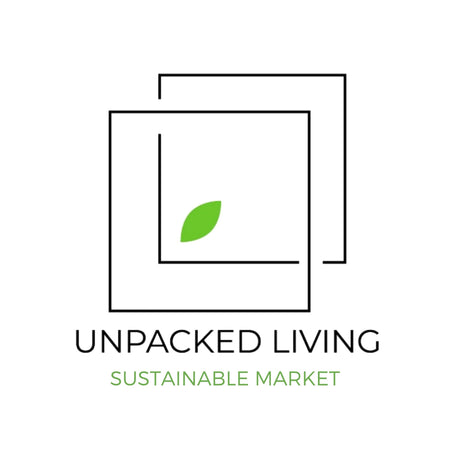by Janelle Rolke @sustainablestepswithjanelle
This is the seventh chapter from "Lead a Circular Lifestyle By Practicing the R's of Sustainability"
By composting food waste you are naturally recycling decomposed organic materials. This process is one of the most simple ways to combat climate change, so I’ll cut right to the chase and ask you to start composting TODAY!

In the U.S. 60 billion pounds of food waste goes into landfills each year. Food scraps and other compostables that are sent to the landfill break down in an anaerobic environment (a place lacking oxygen) and create methane gas, which is 25 times worse than carbon dioxide as a harmful greenhouse gas. By repurposing compostable waste, you are directly decreasing landfill waste, therefore reducing methane gas. Compost is also a natural sponge so by using this rich dirt on farms and gardens, it helps retain water.
“The food we waste contributes to 4.4 gigatons of carbon dioxide equivalent into the atmosphere each year – roughly 8 percent of total anthropogenix greenhouse gas emissions… People who need food are not getting it, and food that is not getting consumed is heating up the planet.” Hawken, Paul. Drawdown Pg 42, 2017
My composting journey:
If you’ve been following my posts I stated that “refill” was my favorite R of sustainability. The truth is “rot” is also my favorite, so they’ve tied for first place. I have been a loyal composter for 7 years with Black Earth Compost. I initially signed up for a free two year pilot program as they were beginning to launch this service in my community. This small change to our daily life has been one of the best things to happen to my household. The amount of trash that goes into our bin each week is substantially less (and we’ve added 2 humans to the family since then!) This not only means we are decreasing the amount of trash we produce, but we’re also using less plastic trash bags. Instead of taking the trash outside frequently, at most we use 2 trash bags per week (and honestly we can improve here). Speaking of trash bags, consider switching to a brand that uses recycled plastic, like GreenPolly.

What can be composted?
Black Earth Compost accepts an incredible amount of food waste; meat, bones, shells, toothpicks, greasy pizza boxes, dairy, hair, and fur are a few things that may surprise you that are accepted. Another great bonus to using this service is receiving a free bag of finished compost every spring!
*Please note that if you are composting at home or using another service the accepted materials will differ from what is stated above.

If a paid service is too expensive or doesn’t exist in your community:
If signing up for a paid service does not fit into your monthly budget, you still have options! You can Compost at home OR you can ask a neighbor to split the cost of the paid service and you share the bin.
If you live in an area where a paid service does not yet exist then reach out to compost companies in your state to request service. While you’re at it, encourage neighbors and friends within your community to also request service. This will put your community on the company's radar AND the more people who sign up in your area will decrease your yearly cost!
There are some communities, such as Salem MA that offer free composting! All you need to do is drop off accepted materials at the communal compost location. These bins are available 24/7 to drop off compost at your convenience, for FREE! Here is the City of Salem Compost Drop Off Station Registration Form
But you have a garbage disposal?
Some people prefer to use their garbage disposal; however, I strongly encourage you to reconsider this as your solution to get rid of food waste. By putting food waste into the water system, you are putting excess strain on the local wastewater treatment facilities. There are also environmental concerns associated with using a garbage disposal: This process requires excess water usage to flush the food waste down the drain. Scraps are filtered out of the water and then either turned into fertilizer, sent to a landfill, or end up in local water systems (which causes potential harm to aquatic life). Please stop using this as the solution to getting rid of food waste.
Create less food waste
Even though composting is the best way to get rid of food waste, the ultimate goal should be to reduce the amount of food we “rot”. Here are a few ideas to reduce the amount of food waste you produce:
- Freeze vegetable scraps until you have enough to make vegetable broth
- Meal plan and shop with a list (and stick to the plan!)
- Store fruits and vegetables responsibly so they last longer.
- Keep onions separate from potatoes.
- Trim 1/2” at the end of asparagus stocks and store them in the fridge upright in 1” of water.
- Celery and carrot sticks should be stored in a tightly covered container and submerged in water.
- Keep your halved avocado green for up to a week by storing it in the same container as a halved onion.

Rot Summary:
If you’re looking to drastically reduce your carbon footprint, composting is your answer. If you already compost, THANK YOU, but there’s still more to do; let’s also aim to create less food waste and reduce what we rot.

